This past week, residents and visitors in the Destin area were treated to a rare sight as several whale sharks made an appearance near the shore. Videos capturing these majestic creatures were shared across social media, sparking excitement and curiosity among the community.
- While sightings of whale sharks have been reported in the area before, this recent surge prompted the Okaloosa County Coastal Resource Team to take action.
Coastal Resource Manager Alex Fogg, in collaboration with the National Oceanic and Atmospheric Administration (NOAA), the University of Southern Mississippi, Bureau of Ocean Energy Management (BOEM) and Blue Water Research Institute, spearheaded an effort to study and track these animals during their time off the coast of Destin-Fort Walton Beach.
On Wednesday, July 19, the team set out on a mission to tag and collect data from any of the whale sharks they could find. The fishing community began reporting sightings at 6am and directed the team to each whale shark.
- The team successfully tagged two whale sharks, a 25-foot female and a larger 40-foot male, 2 miles southwest of the Destin Pass and 4 miles from the Okaloosa Pier, respectively.
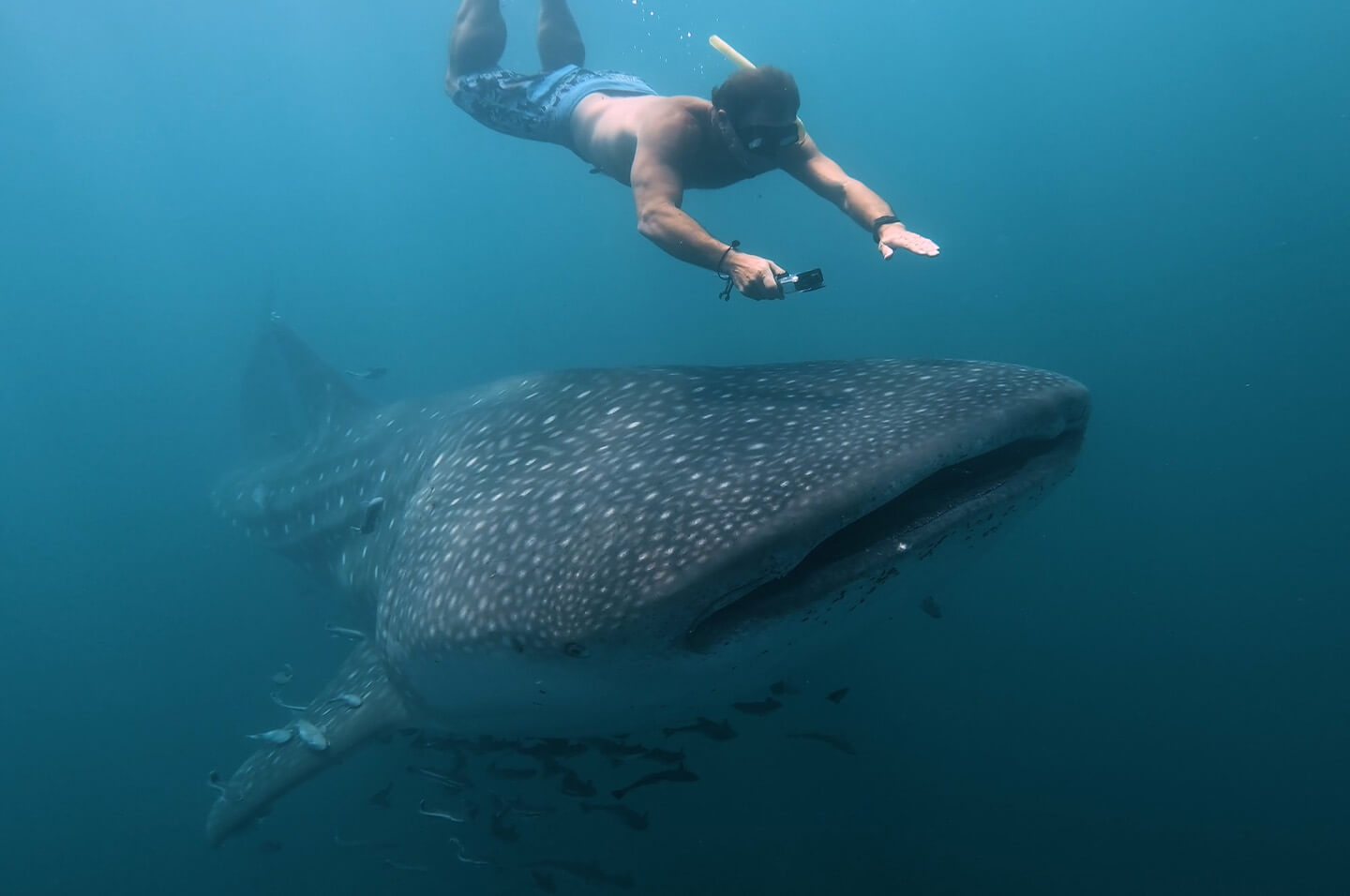
Equipped with real-time satellite tags that activate when the shark’s dorsal fin breaks the water’s surface, the researchers expect to receive location data for up to two years.
- Additionally, acoustic tags were attached to provide more long-term information, though with lower resolution and fewer updates compared to the satellite tags.
During the research expedition, biological samples were collected for genetic analysis, and video footage was captured to verify the length, sex, and unique dot patterns on the animals’ sides, which act as individual “fingerprints.” These patterns can be used to determine if the tagged whale sharks have been spotted elsewhere, shedding light on their migratory patterns.
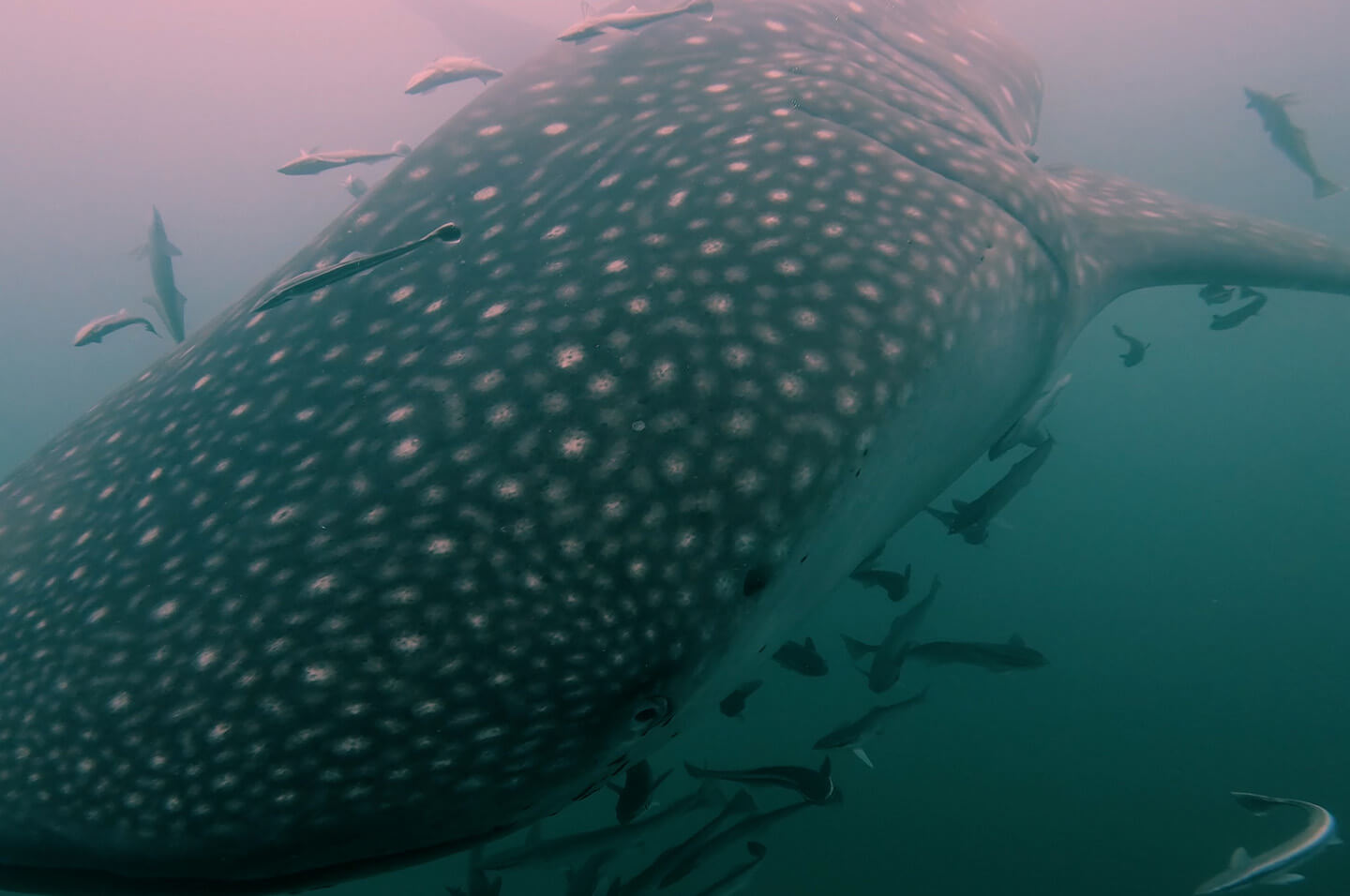
According to Fogg, there are programs available that can actually take the spot pattern on the side of a whale shark (just behind the gills) and compare it to other photos that have been collected to see where this specific whale shark may have been seen.
- “This information will help us learn more about whale shark movement and habitat use,” Fogg explained. “They travel thousands of miles, so it will be interesting to see where they move to next.”
And while they were only able to tag 2 on Wednesday, it is believed that more whale sharks remain in the area, and the team hopes to tag additional individuals if the opportunity arises.
Eric Hoffmayer, a biologist with NOAA Fisheries, Southeast Fisheries Science Center, shed light on the ongoing study focused on conducting a risk assessment for whale sharks in the northern Gulf of Mexico.
- The study, funded by BOEM, aims to gather crucial data on the species and potential risks they face in the region. Hoffmayer expressed his excitement about the current situation near Destin, where many people have the opportunity to witness whale sharks up close.
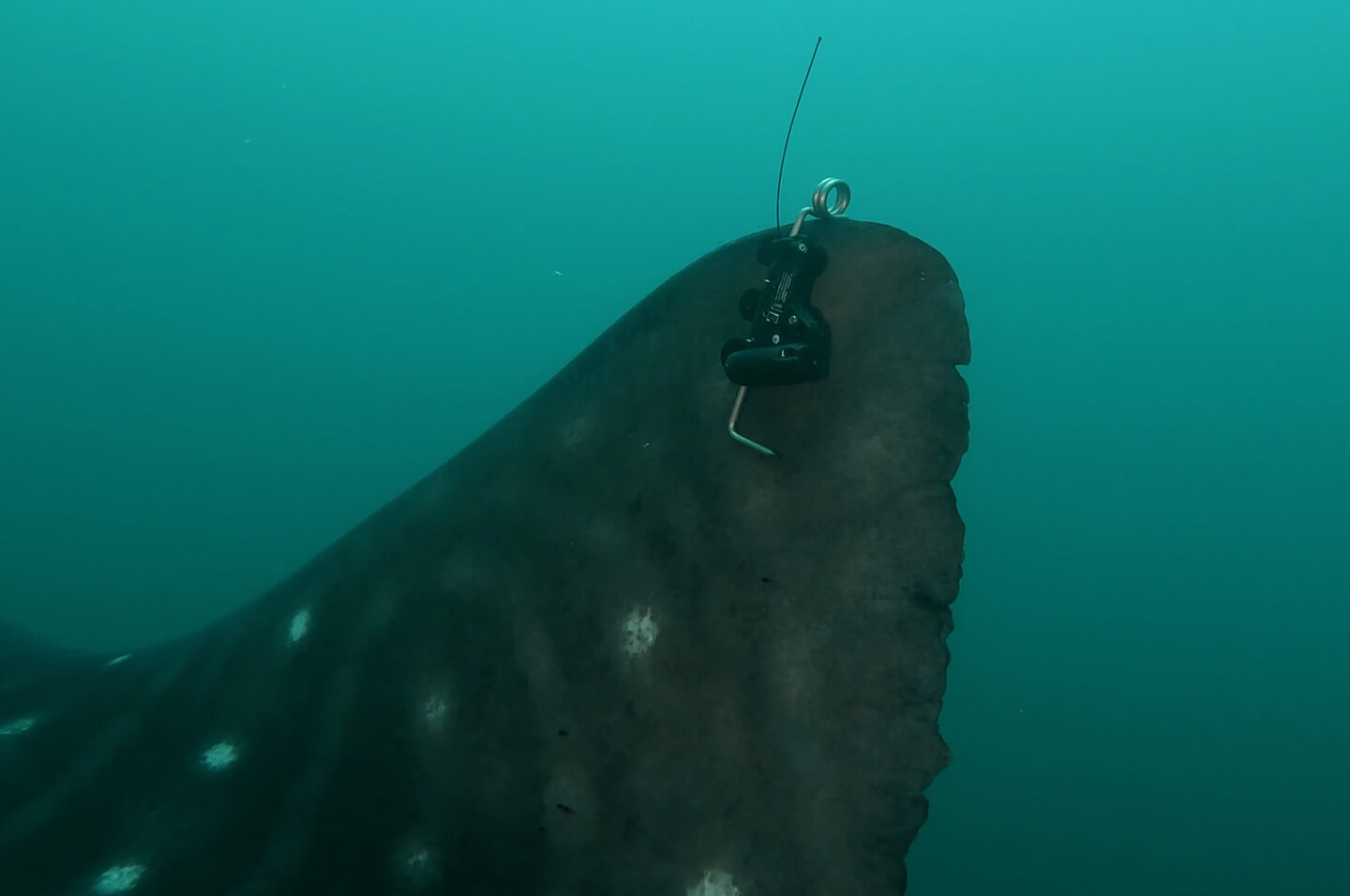
“This thing that’s going on right now off Destin is great because there’s lots of people who can see the animals very close to shore, which I think is really good because it gets them thinking about them and understanding that they’re out there,” Hoffmayer explained.
Regarding the tagging efforts, Hoffmayer highlighted the use of satellite-linked tags attached to the whale sharks’ dorsal fins, providing accurate location data. These tags also transmit information about depth, helping researchers assess potential risks such as ship strikes and gear entanglement.
When asked about the typical proximity of whale sharks to the shore, Hoffmayer stated that they are usually found around the shelf edge. In our area of Destin-Fort Walton Beach, he says it would be in the DeSoto Canyon region.
- However, the recent sightings near Destin indicate a possible change in behavior. Hoffmayer speculated that cooler water temperatures and upwelling in the area might be attracting the whale sharks, making it a more favorable feeding ground.
In terms of size, Hoffmayer says whale sharks can range from about 12 to 45 feet in length, with most sightings in the Northern Gulf averaging around 25 feet.
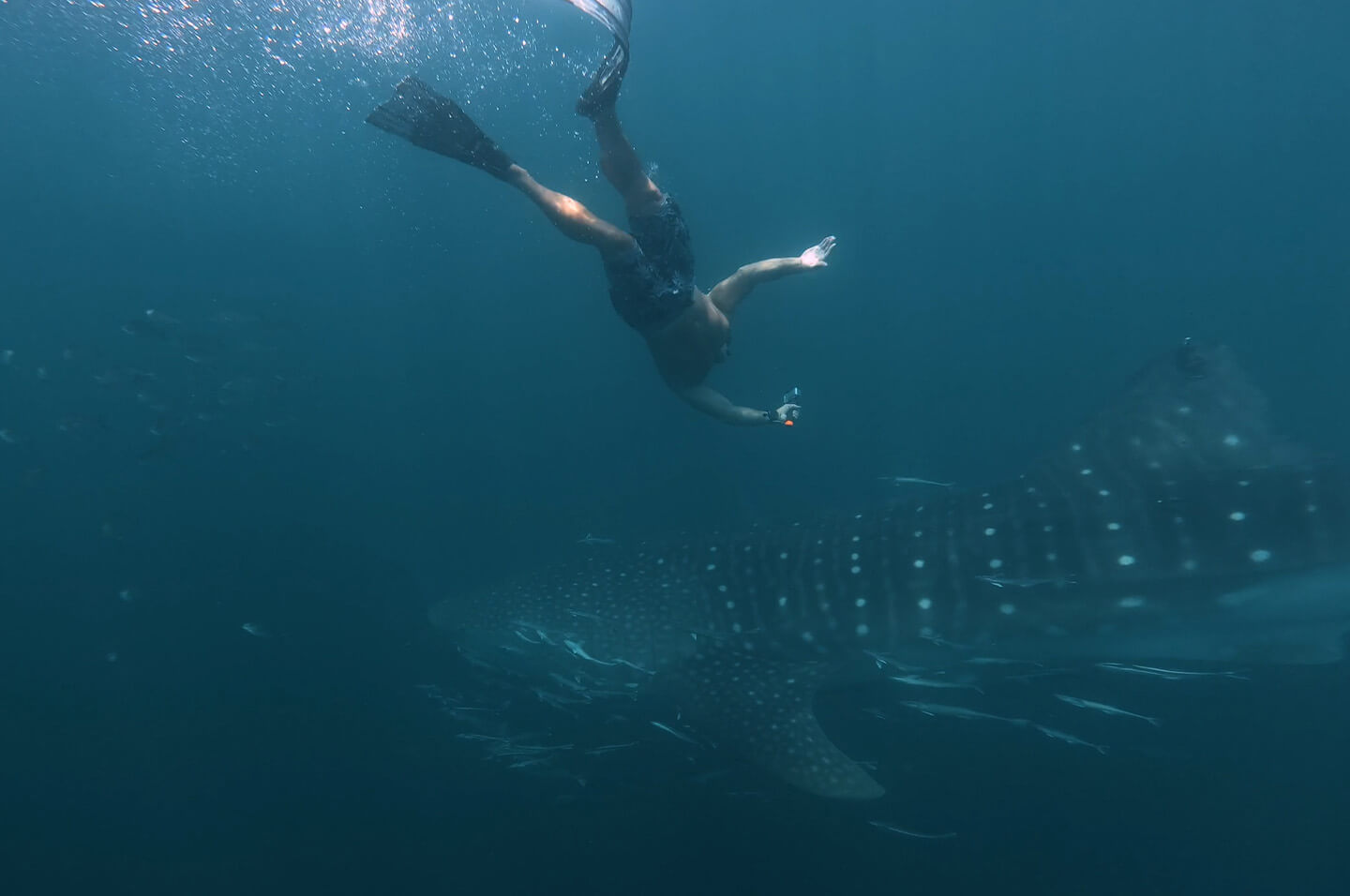
Hoffmayer emphasized that these are wild animals and cautioned against touching or grabbing them, as it could harm their protective mucus layer.
- “If people want to get in the water, keep a safe distance and enjoy the experience,” Hoffmayer advised, emphasizing the importance of respecting the animals’ space.
Alex Fogg emphasized the significance of this research, noting the limited amount of data available on these creatures. “There’s relatively little known about this species. It’s not like we can collect them and sample them,” he stated. “We’re trying a new tagging method that should last longer and provide more valuable insights into their movement.”
The research team plans to analyze the data collected from the tagged whale sharks to track their movements, assess their return patterns, and identify preferred habitats. By gathering this information, Fogg says they aim to develop a better understanding of the species’ behavior and conservation needs.
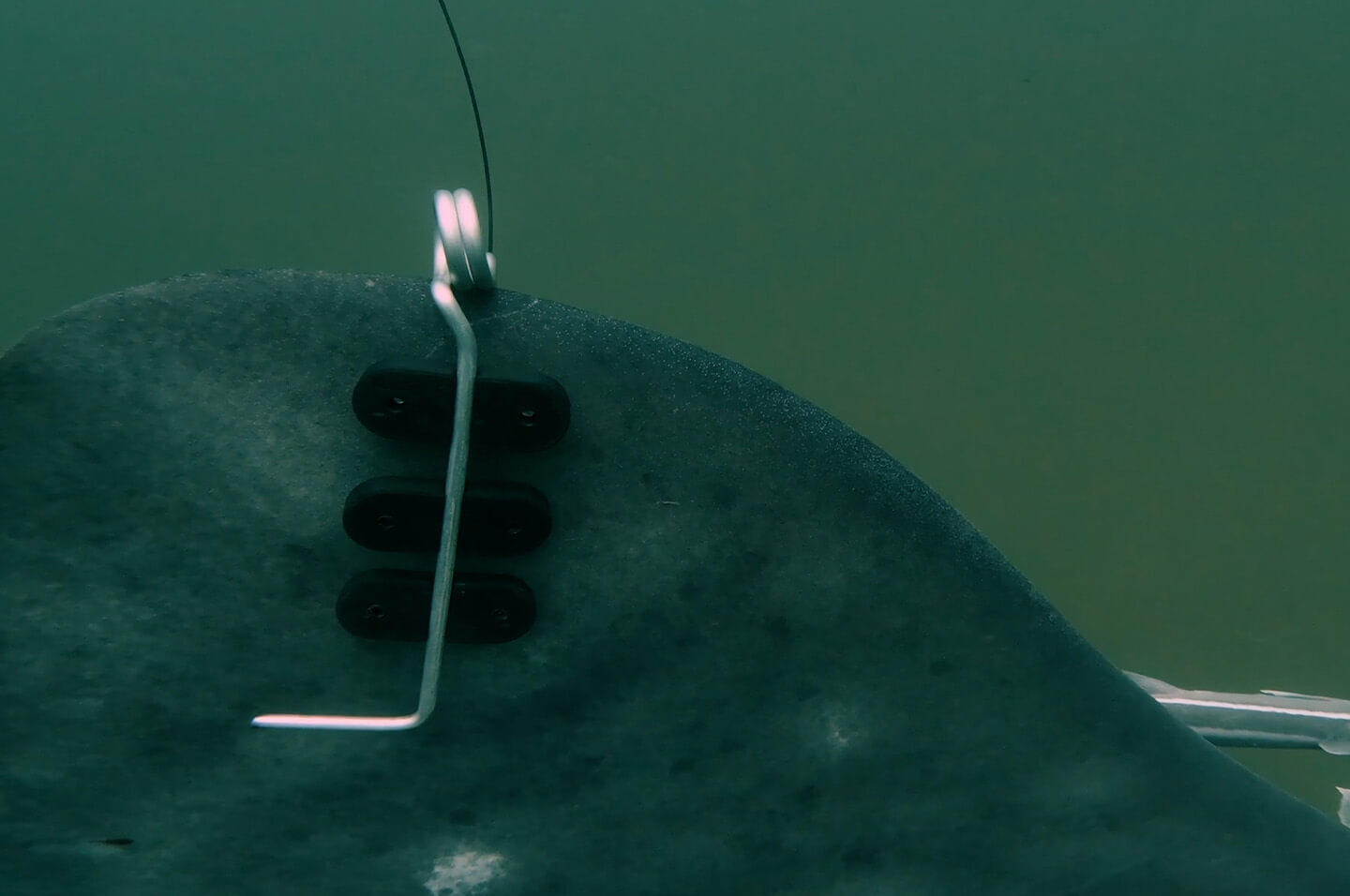
During their day of research, the two whale sharks were actually named. They named the female “Ivey” after the captain’s daughter who first sighted it, and the male “Oliver” after a 4-year old Camden Oliver, who witnessed the encounter while fishing with his family.
His uncle, Captain Alex Hare of Silver King Charters in Destin, told Get The Coast that a friend of his initially spotted the 40-foot whale shark and told him where it was. Hare didn’t have an afternoon fishing trip and decided to take his entire family out on the water.
- “Camden couldn’t believe how big the whale shark was,” laughed Hare. “It was bigger than the boat we were on, so he was shell shocked to see it that way.”
As the community played a crucial role in reporting whale shark sightings, Fogg encourages individuals to continue providing information through an online reporting form, even after this recent surge of sightings concludes.
- The form allows for the documentation of future encounters to assess the prevalence of whale sharks in the area.
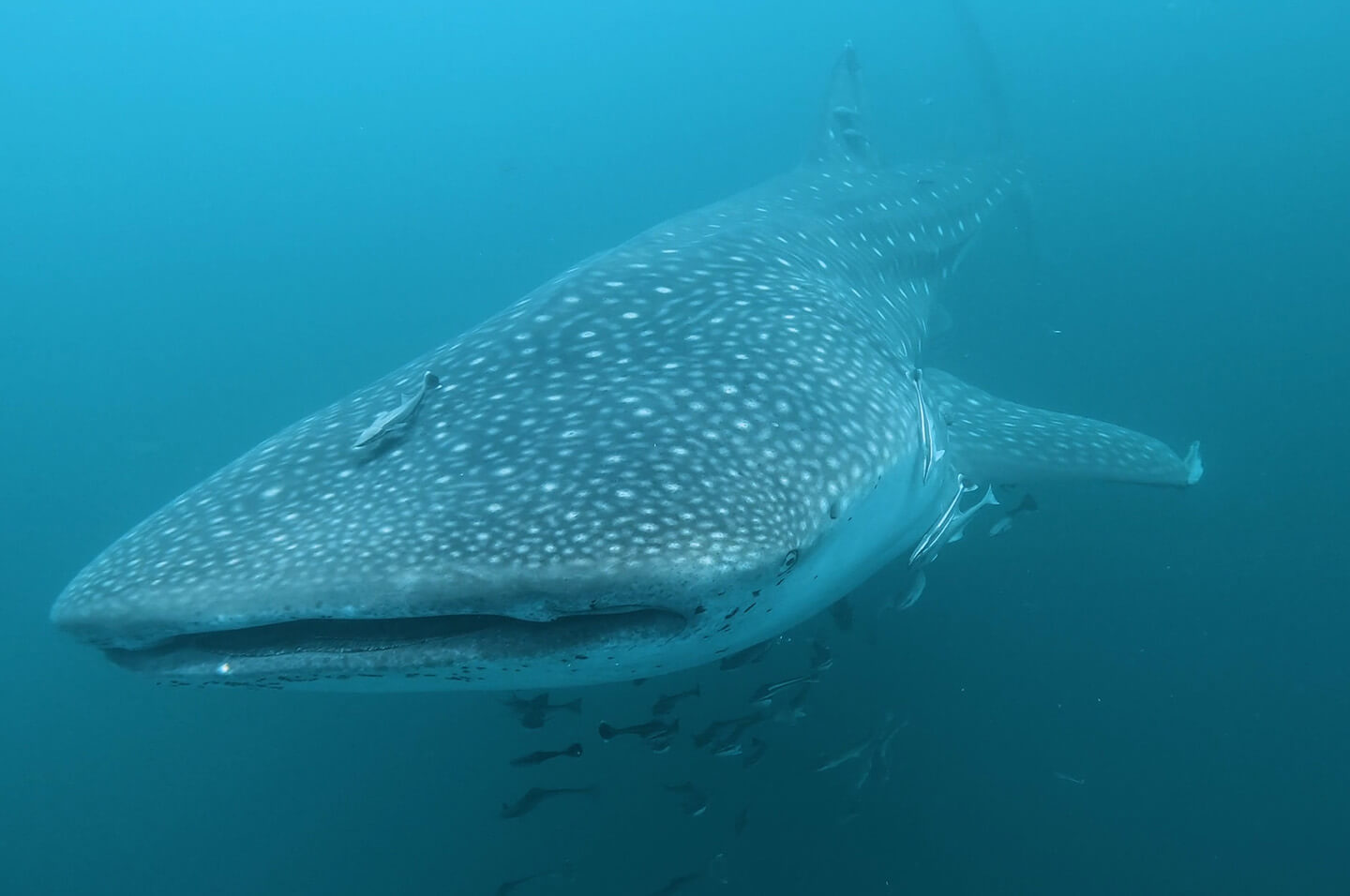
Fogg expressed his gratitude for the fishing community, whose reports played a crucial role in the success of the research. “We could not have done this without the reports from the fishing community,” Fogg stated. “They would see them and direct us to the animal to tag.”
All activities conducted by the research team were carried out with proper permits from the state of Florida and the federal government. Fogg stressed the importance of responsible behavior around these threatened species, urging people not to climb on or harass the animals.
To report whale shark sightings or contribute to the research, click here.

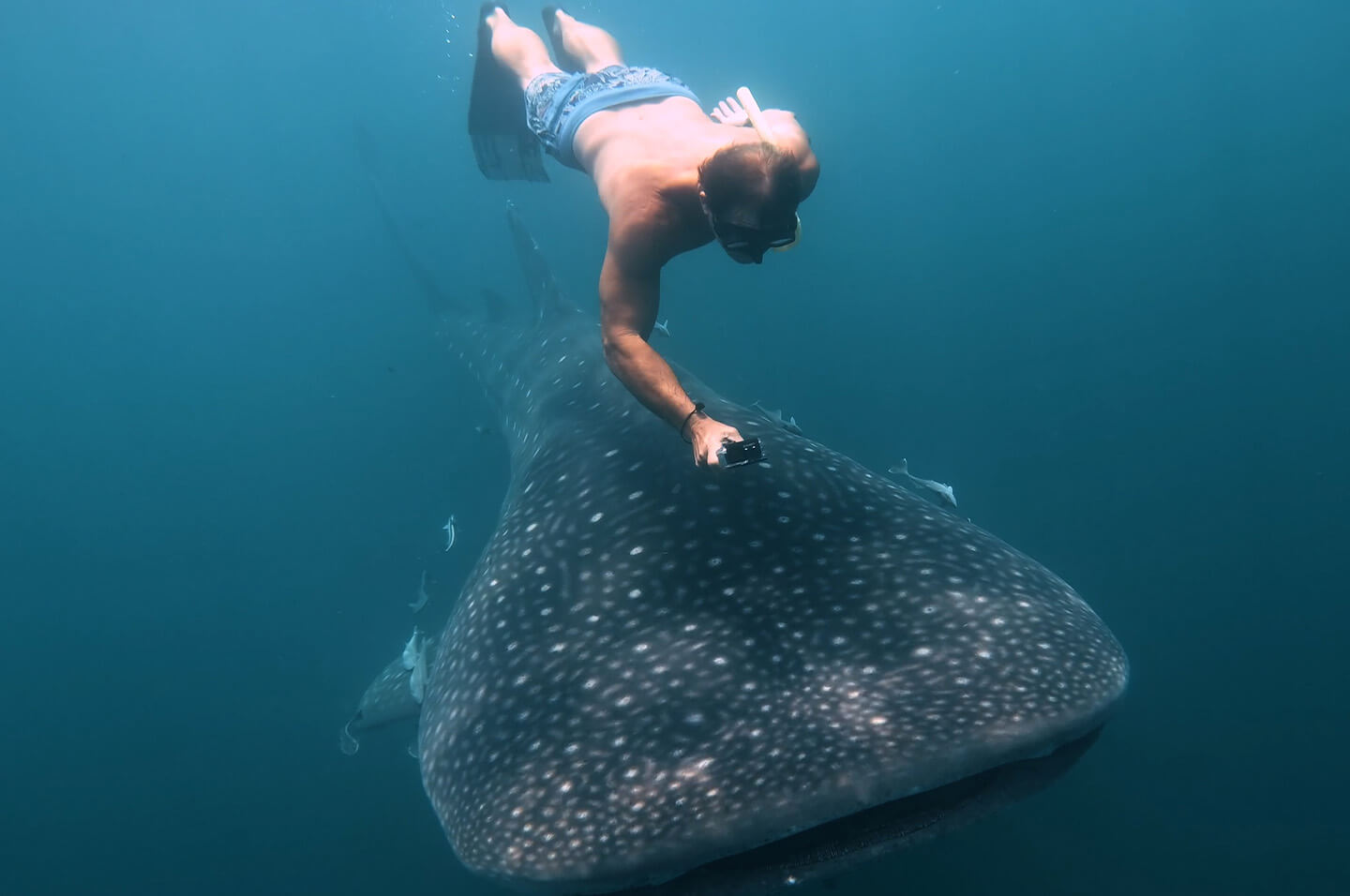
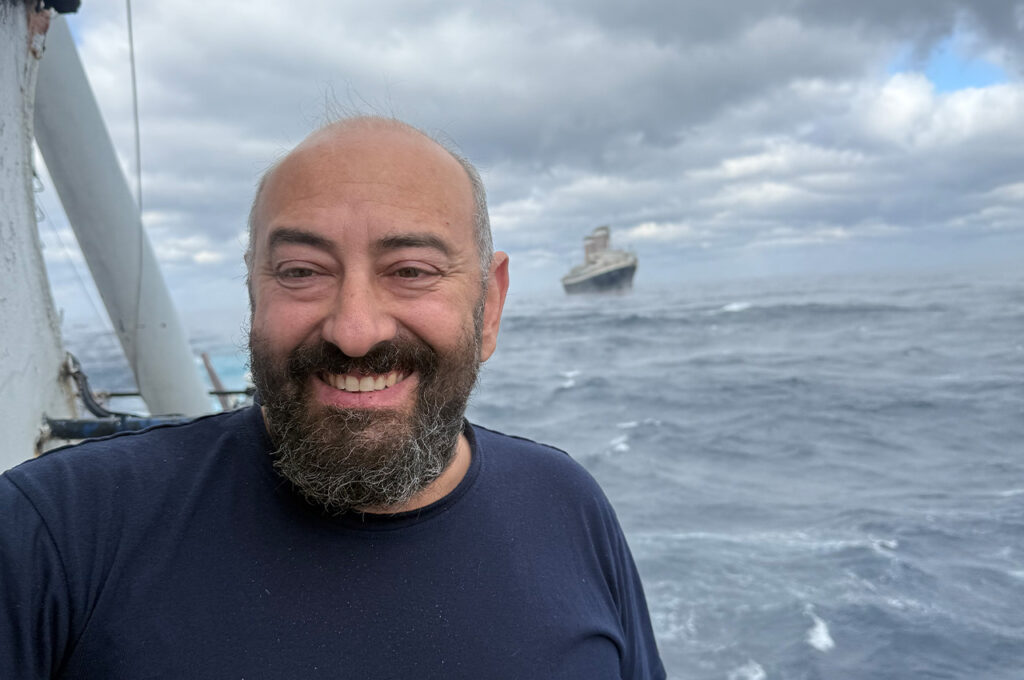
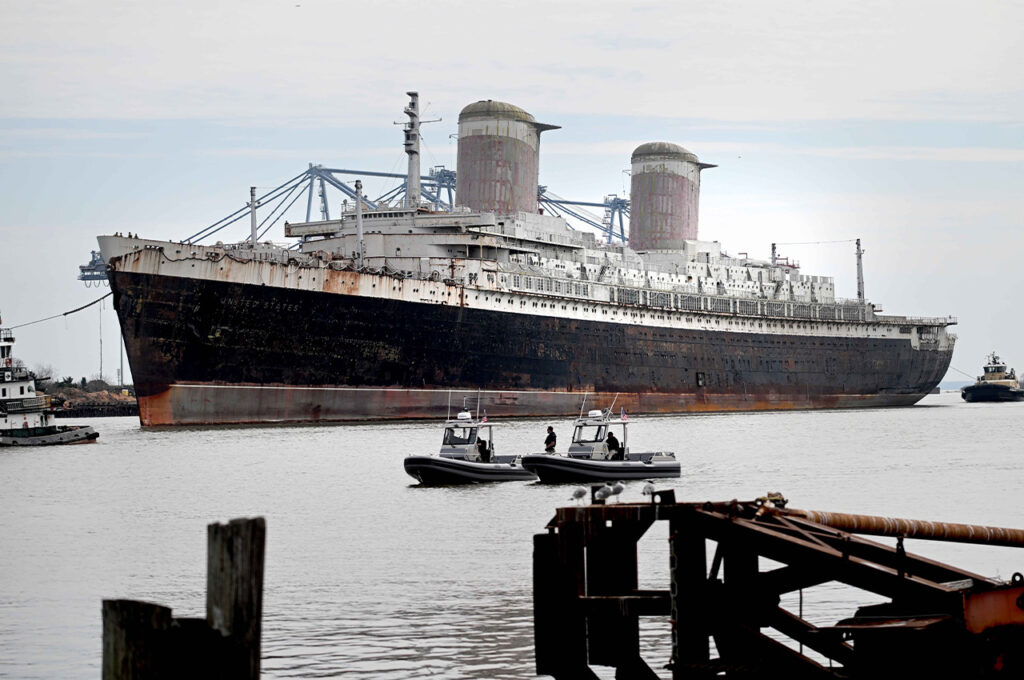
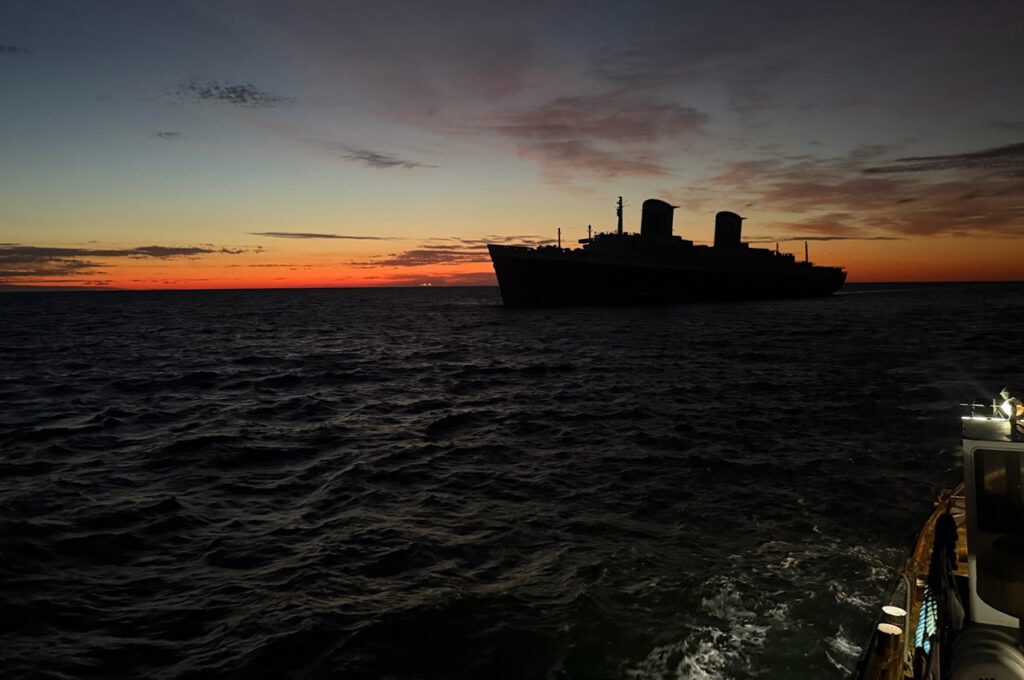
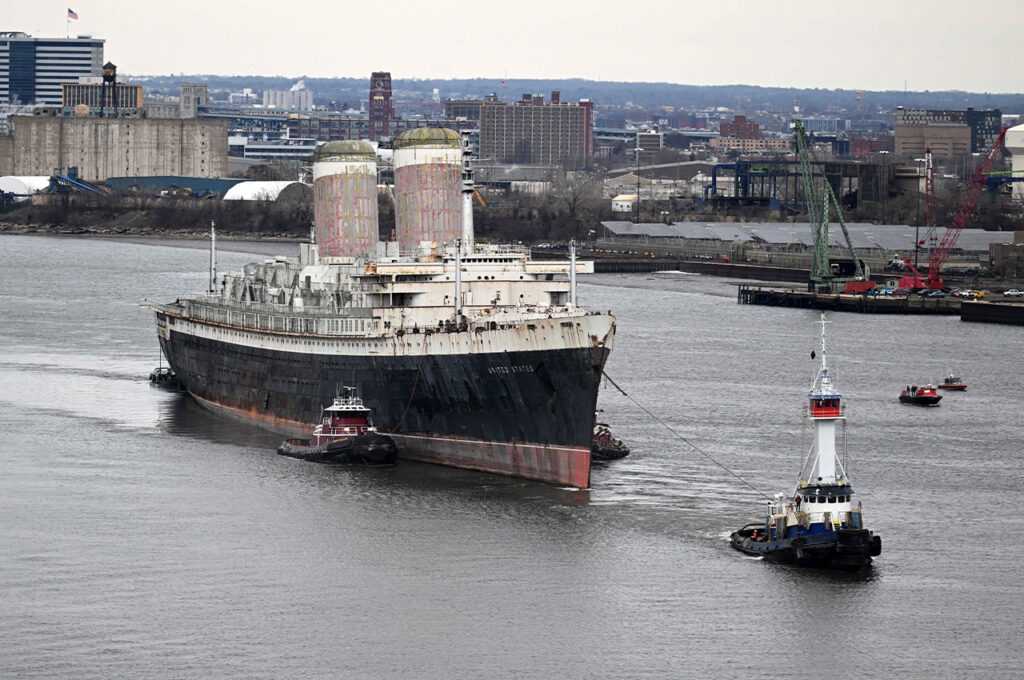
3 Responses
Wow keep me posted
How fast are they swimming? Why was it so easy to tag them?
They aren’t generally quick animals , since they don’t have natural predators . They prefer to just drift along leisurely 🙂